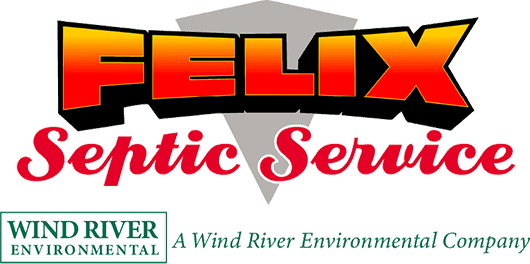FAQs
-
Septic FAQs
-
How often should I have my septic tank pumped?Based on the number of bedrooms and occupants in the household, septic tanks should be pumped every 2 to 3 years. This is a proven rule of thumb for basic septic system maintenance.
-
Can I have a garbage disposal?Minimize or eliminate use of sink “disposal” units which grind up food wastes and place a burden on your septic tank if your septic system is not designed for the use of one.
-
Do chemical additives added to the system help maintain good condition?No! This is a prime example of mother nature taking action when it comes to septic maintenance; there are trillions of bacteria already in your septic system that present and provide all the digestion needed. You are literally throwing money down the drain by using additives.
-
Can I build a pasture for my horse over the leach field?This is a major septic maintenance no-no. Livestock (or vehicles) traveling over the leach field can compact the soil and/or break pipes. So unless you want to be endangering the well-being of your septic system, a pasture in the same location is not a good idea.
-
Why are the "candy cane" vent pipes necessary?Vent pipes are a design function to allow air to properly flow through the leach field.
-
What does it mean if I smell sewage?
Usually, the answer is never a good one, which is a sign that immediate septic system maintenance or repair is in order. There are one of two answers most likely as the cause of the sewage stench:
- Inside odor could possibly be caused by a dry p-trap in a sink, tub, shower or toilet or a venting problem.
- Outside odor could indicate the start of a leach field failure (refer to our Care & Maintenance information).
-
What does it cost to pump a septic tank?Costs for septic pumping and septic tank maintenance varies from system to system. The size and location of the system are the two biggest determining factors for the cost of pumping a septic tank.
-
What is the cost to replace a leach field?Estimated costs to replace a residential leach field can amount to between $6,000 and $12,000 depending on design.
-
Informational Links
NH DES Subsurface Systems Bureau
Home of the New Hampshire Department of Environmental Services’ Subsurface Systems Bureau. Their mission is to prevent pollution of all public or private water supplies, whether underground or surface sources.
Tank Function
What your tank does and how it does it.
US Environmentail Protection Agency (EPA)
A great resource for staying current with the latest environmental happenings

